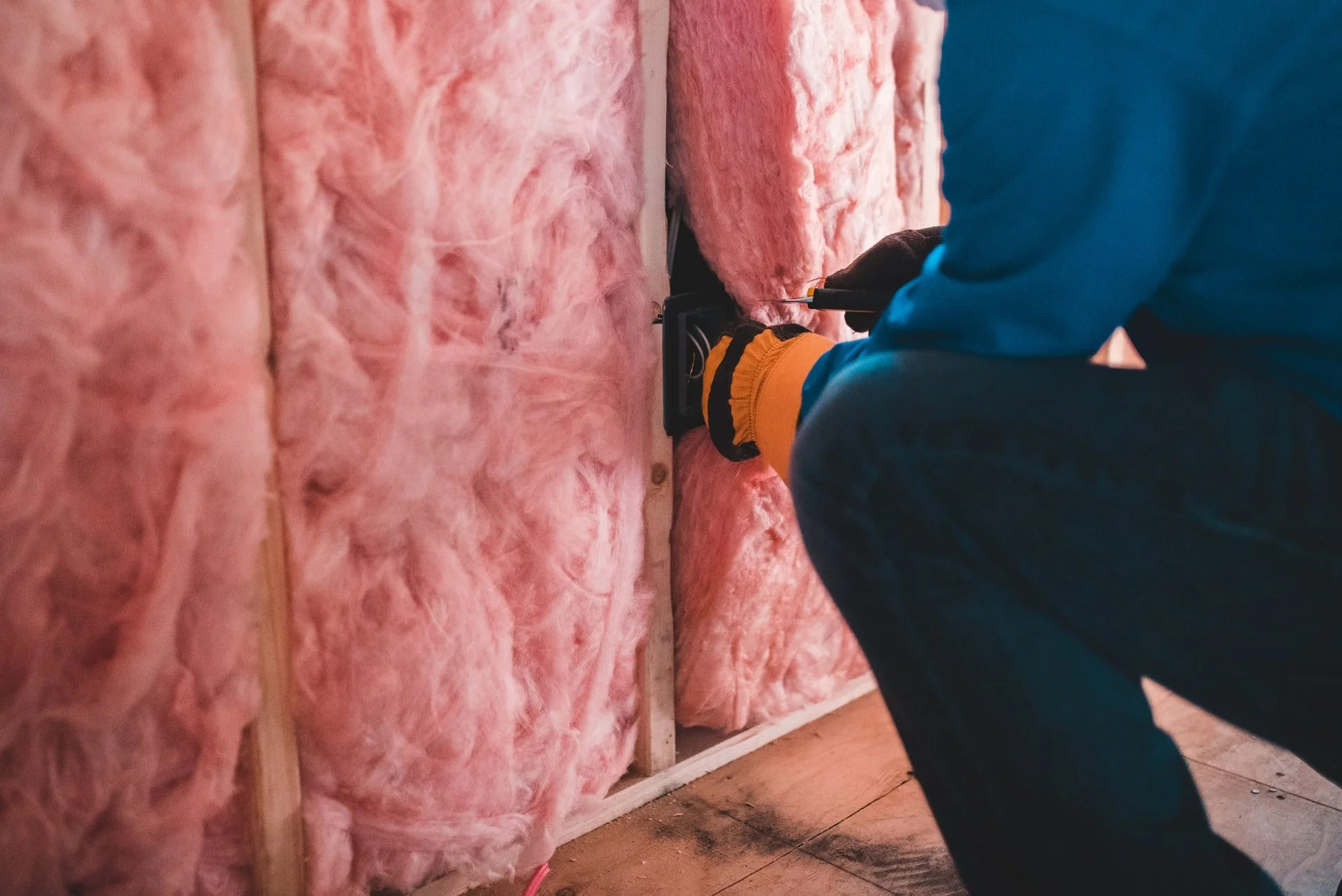People in richer nations can help avert climate breakdown by making six lifestyle changes to rein-in the runaway consumption that is helping drive it.
A study from Leeds University, Arup and the C40 group of world cities found that these six actions taken by individuals making small changes can have a huge impact on reducing emissions. They would account for one-quarter of the reductions needed for global heating not to exceed 1.5C as well as turning up the pressure on government and the private sector to make systemic changes.
The research counters the widespread belief that individual action doesn’t make enough of an impact and it inspired The Jump campaign, which supports people in making the necessary changes.
Tom Bailey, one of the campaign’s co-founders told The Guardian, “The research is clear that governments and the private sector have the largest role to play but it is also equally clear from our analysis that individuals and communities can make a huge difference.”
SO, WHAT ARE THESE CHANGES?
1. Buy no more than three new items of clothing per year
The clothing and textiles industry accounts for more greenhouse gas emissions than international aviation and shipping combined — made worse by the rise of fast, low-cost, disposable fashion which comes with human and environmental costs such as water pollution and poor working conditions. The Jump campaign urges people to buy second hand, repair, and buy only three durable items a year.
2. Keep electronic products for at least seven years
The process of extracting rare earth metals and producing more and more products such as smartphones, personal computers and TVs, often generates more emissions than using the items themselves. For example, only 13% of an iPhone 11’s lifetime emissions result from its use; the rest come from its production, transport and end-of-life processing.
Try repairing equipment, borrowing, renting or buying second-hand, and keep new items to a minimum.
3. Take one short-haul flight every three years and one long-haul flight every eight years
This would halve aviation’s contribution to global emissions (currently about 2%) which is increasing more than any other form of transportation.
Alternatives include traveling overland and/or visiting places closer to home that are accessible by train, ferry or bus. Also, use technology to help keep in touch with family and friends.
4. Shed private vehicles where possible or keep existing vehicles for longer
Car ownership is a huge driver of emissions. Globally, transportation is responsible for about one-quarter of greenhouse gas emissions of which more than two-thirds come from road vehicles.
The campaign calls on people to replace private vehicles where possible with public transportation, walking, cycling or car clubs. The study says that despite the emphasis on electric vehicles (EVs) as a way to tackle climate change, we need to reduce the number of cars on the road because manufacturing them is a significant source of emissions — including EVs.
5. Eat Green — a largely plant-based diet, with healthy portions and no waste
Approximately 35% of total global emissions come from the food system and three changes would dramatically reduce the climate impact of the food we eat:
Move to a mostly plant-based diet
Eat everything you buy
Eat healthy amounts
Changing our behaviours around food is the most impactful of all the shifts. And it’s not just about climate change; if you look at biodiversity loss, land use change, fertilizers in the ocean creating dead zones and the massive extinction and loss of insects due to pesticides, these problems are all driven by food.
The most popular meat-reduction techniques are:
Make at least one of your meals vegetarian
Double the veg, halve the meat
Eat no red meat
Set yourself a maximum number of animal products to consume today
Eat no processed meat
Try a new vegetarian recipe
6. Push to Change the system
Some of the shifts the campaign calls for depend partly on systemic change e.g., in some areas public transportation will be nonexistent leaving people with no choice but to use their cars. But people can create pressure to change these systems by making at least one change in their own lives that will impact a system. Collectively this can have a huge impact.
Change to a green energy supplier
Install energy efficiency measures at home such as insulation and heat pumps
Switch your pension to a green investor
Use ethical and green banks
Use energy efficiently at home
Push for change through activism or peaceful protest or writing to your elected official
The study concludes that all sections of society have a role to play and there’s lots the individual can do. The best part is that we don’t need approvals or policy legislation. We can just get on and do it.








